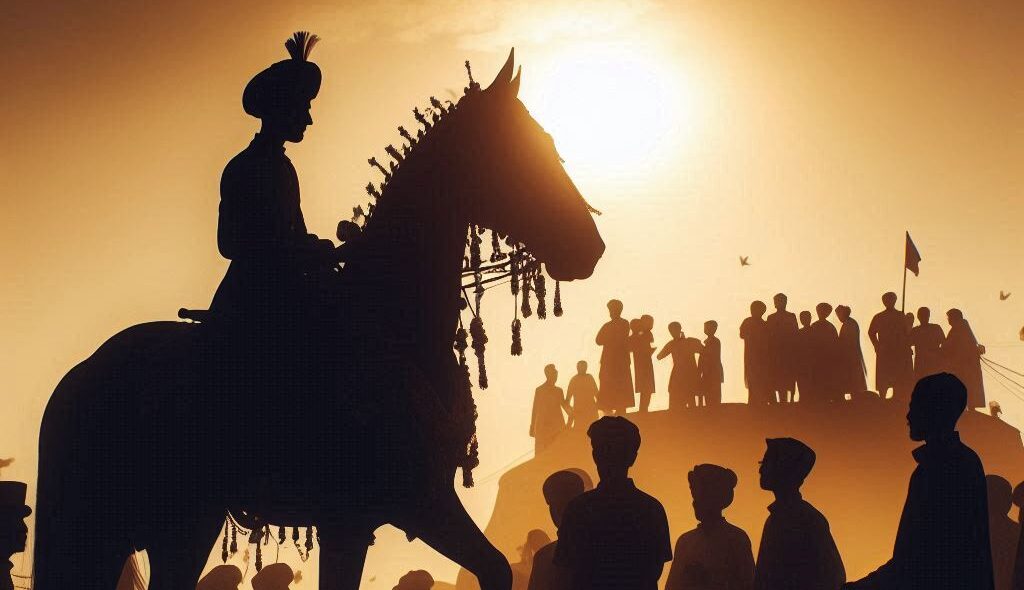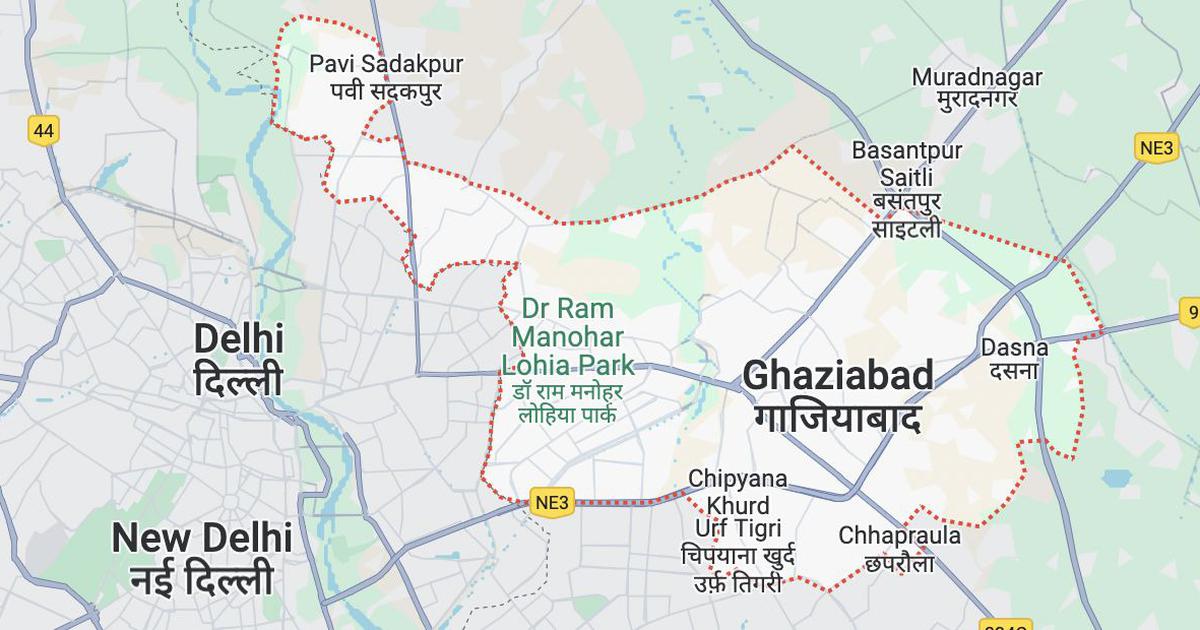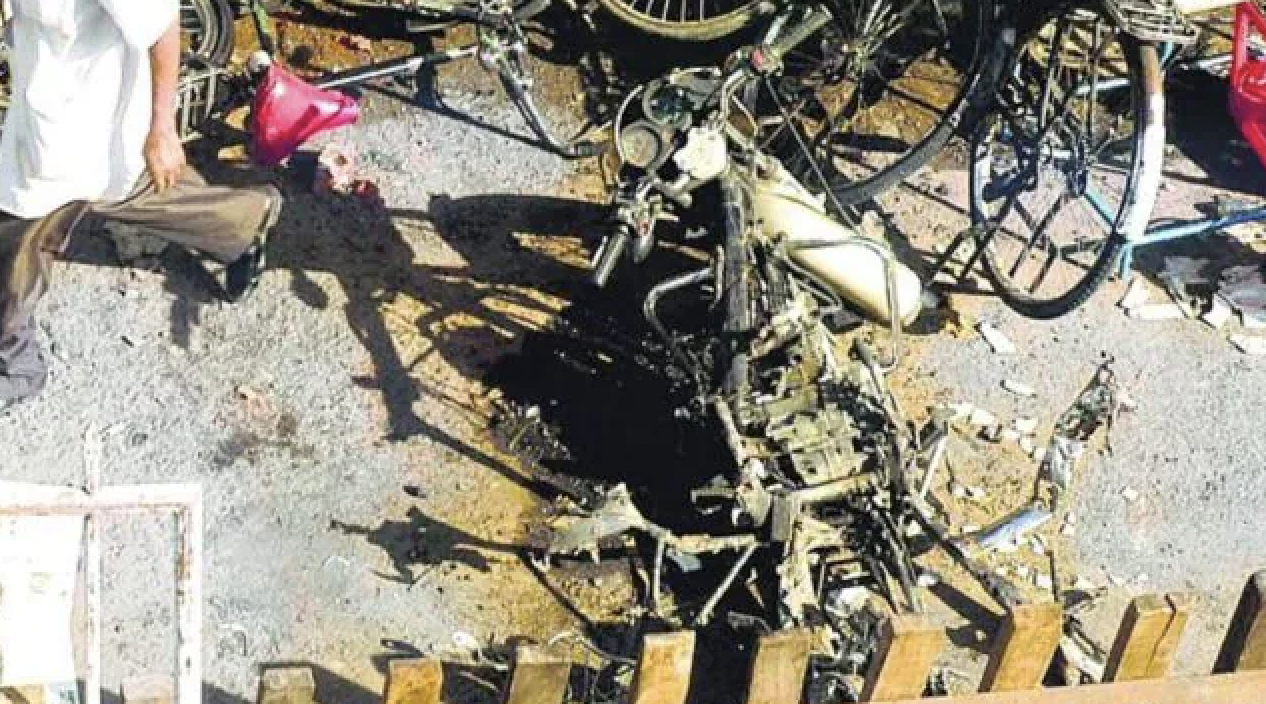By Subhoranjan Dasgupta
The NCERT, a government body that prepares school textbooks, has made controversial changes to the Class X and XII syllabuses, deleting topics from the Mughals to the theory of evolution. Historian Tanika Sarkar, former JNU professor of history whose book Hindu Nationalism in India is regarded as a classic, explains the reasons for this new writing of history in this dialogue with Subhoranjan Dasgupta, professor of human science.
Q: Massive deletion of history has now been added to the gross distortion of history. Not only despotic Aurangzeb but also majestic Akbar has been wiped out from the textbooks for senior school students. What is the motive behind this?
Sarkar: A symbolic genocide of Indian Muslims has long been happening. Muslim place names are being changed everywhere, along, of course, with actual killings of Muslims as well as violent hate speeches targeting the community. And all this under the maximum immunity.
It is no surprise, therefore, that Muslim contributions to Indian political and cultural life will be excised from history textbooks. The chapter on the history of the medieval Islamic world is gone as well. It is also no surprise that Akbar will come under the axe – for his reign gives the lie to the canard that all Muslim emperors were intolerant and fanatical without exception.
Akbar’s and Jehangir’s deep interest in other faiths, their investment in interfaith dialogues – all this is anathema to Hindutvawadis who detest such principles. So, they will fill Indian history with Hindu achievements alone, whether real or imagined. They will also remove all instances of historical figures and activities that counter their account of Muslim villainy.
We will do well to remember that the RSS has a total of 38 fronts, of which the BJP is one. Of these, only one branch is dedicated to a knowledge form and that is history. They have created and taught their histories very innovatively through their innumerable affiliates and sub-affiliates among highly diverse social segments for decades.
The alterations to the NCERT textbooks are, therefore, just the beginning, and much more rewriting is definitely on the way. These are a small, though very visible, part of their larger pedagogical agenda. A lot more is happening below the surface and a popular historical commonsense is being composed and disseminated of which we know little.
They have also removed large and significant portions of non-Indian historical information from the NCERT books that accompanied Indian historical developments as “Elsewhere” boxes in the text: so that our students should know what else was happening in the world at a given time, so that they learnt to see Indian history as a part of world history. The intention behind their removals is to render the students insular, cut off from the larger world.
They have also removed histories of revolutions and struggles for rights and justice, which are seen as foreign imports, as antithetical to Hindu values.
So there is a twofold aim: to annex positive historical values as essentially and primarily Hindu – for instance, ancient India is described as the mother of democracy, even though democracy is entirely a modern concept.
Simultaneously, they want to throw out certain values which have so far been important parts of our modern politics but which do not chime well with their intentions. We have seen how the constitutional emphasis on the rights of citizens is now subordinated to an emphasis on duties. So citizens have only duties towards those who run the State: their own inviolable rights are of no matter.
Q: Again, the assassination of Gandhi, the role of Nathuram Godse and the subsequent banning of the RSS – this entire dark episode has been severely truncated if not deleted. One feels like asking, does the Sangh Parivar still consider Godse a patriot? Even now temples are being built to honour him.
Sarkar: They have removed the description of Godse as a Brahmin of an extremist political persuasion. While they have not deleted – so far – mentions of Gandhi and his assassination, they do not want to disclose the caste of the man who killed him. They also do not want to describe his political ideology as extremist – that epithet has to be reserved for Muslim politicians alone, so far as they are concerned.
Q: Not a word on the Gujarat genocide of 2002. How can history textbooks do this?
Sarkar: Prime Minister Modi was the chief minister of Gujarat when the violence happened there, practically unchecked for days. So certain kinds of histories are consigned to oblivion. We have seen how the BBC documentary on Gujarat was taken off the public realm and how students who were screening it were punished. This, however, is a common failing and few political organisations have the courage to face up to uncomfortable truths. We must always guard against this tendency in ourselves.
Q: The latest is the axing of the theory of evolution. More than 1,800 scientists have declared their protest. Does the present dispensation want to eliminate the entire Western tradition of science and philosophy and replace it with the so-called “Hindu System of Knowledge”?
Sarkar: I am told that a whole lot of other changes have also occurred in the science syllabi. I suppose the reason is that the students must not be given an inkling that any significant discovery or invention ever happened outside the Hindu world. If a Hindu discovery or invention cannot be proved by evidence, then evidence must cede place to politics. Following on this strange logic, the entire original contributions of Newton and Einstein, the law of gravity and the theory of relativity, respectively, could also be deleted from the science syllabus in the future.
Q: This deletion — rather, suppression — I think, began when Murli Manohar Joshi was the HRD minister. He ensured that the sixth volume of the Towards Freedom series, edited and prepared by historian Sumit Sarkar, did not see the light of day. What were the reasons that provoked the minister to effect this suppression, perhaps the first of its kind?
Sarkar: Alongside Sumit Sarkar’s volume, Professor Panikkar’s volume was also withdrawn from circulation. Professor Parthasarathi Gupta’s volume was heavily and wrongly criticised at a time when the historian was no longer alive to defend his work.
Since these were all volumes that compiled archival sources and explained them, this is yet another instance of removing concrete evidence that appeared uncomfortable to a particular brand of politics.
Sarkar’s volume contained some archival material that showed RSS involvement in the 1946 violence. The purpose of the withdrawal was to present a version of the 1946-47 violence that would focus elaborately and “imaginatively” on Muslim violence alone and show Hindus as mere victims.
Such a history of the Partition has circulated among and through a number of mass fronts for decades. It is an exceptionally effective mode of creating and utilising a convenient public memory to mobilise and keep alive Hindu hatred against Muslims.
This story was originally published in telegraphindia.com. Read the full story here






